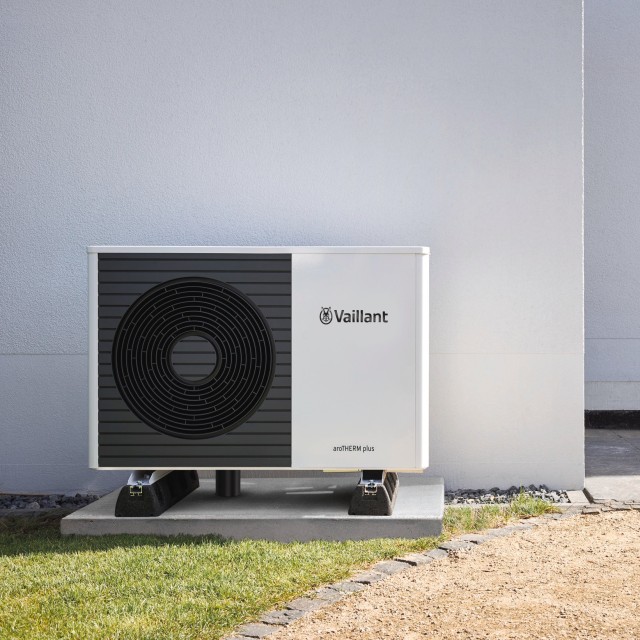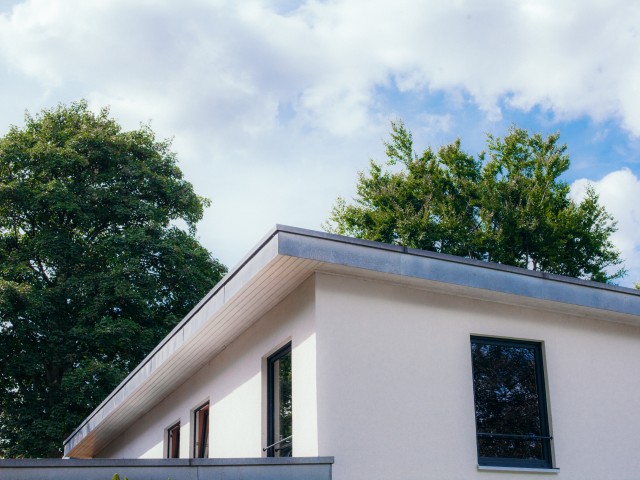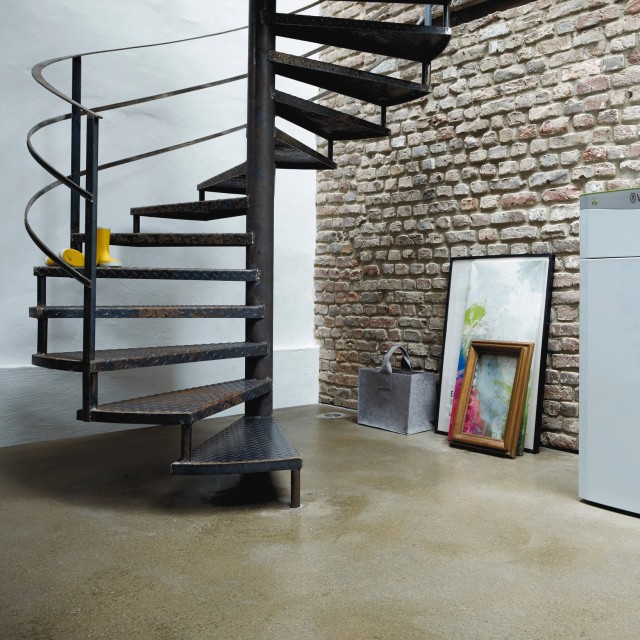It's important to consider the long term and what your heating and hot water demands could be in the future. The number of people in your home and the size of your property are the primary determiners for the amount of heat your system needs to generate.
It's better to plan for slightly more than your maximum requirements, as this will ensure that you’re covered if your heating circumstances suddenly change.
A rule of thumb applies when calculating your energy requirements. The kilowatt hour (kWh) is the billing unit for energy delivered to consumers by electric utilities:
kW heating capacity (number of m² x 50 W/m²: 1,000)
+ kW hot water output (approx. 30% of the above value)
= kW rated heat output
According to this formula, for a low energy house with 130 m² living space the result is 8.5 to 9 kW rated heat output. The rated heat output is the maximum attainable power output of a heating system in continuous operation.
Your Vaillant installer can help determine your exact requirements, based on your property and hot water system demand.





